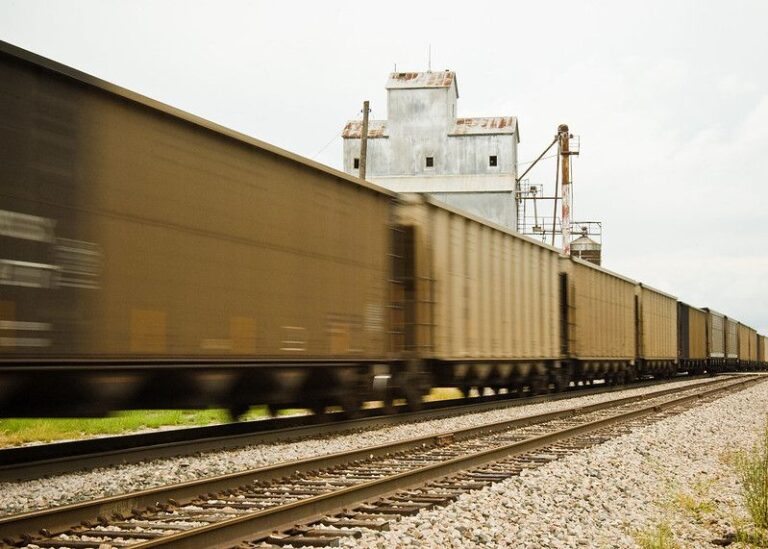Agriculture Groups Temporarily Dodge Transportation Issues With Court Ruling
 The Dakota Access pipeline, or DAPL, will remain open following a federal appeals court ruling that a district court overstepped when it ordered the pipeline closed and emptied of oil by Wednesday.
The Dakota Access pipeline, or DAPL, will remain open following a federal appeals court ruling that a district court overstepped when it ordered the pipeline closed and emptied of oil by Wednesday.
In a ruling that temporarily alleviates transportation concerns raised by agriculture groups, the U.S. Court of Appeals for the District of Columbia Circuit on Wednesday ordered the pipeline to remain open pending further court proceedings.
“The district court did not make the findings necessary for injunctive relief,” the appeals court said in its ruling.
A district court this summer ordered the pipeline closed as a result of permitting issues with the construction of the line dating back to 2017. On July 14, the appeals court ruled the line could remain open pending an appeal.
In addition, the appeals court denied a motion to stay the district court’s order to vacate the Mineral Leasing Act easement authorizing the DAPL to cross the Missouri River at Lake Oahe.
“At this juncture, appellants have failed to make a strong showing of likely success on their claims that the district court erred in directing the Corps (U.S. Army Corps of Engineers) to prepare an environmental impact statement, or that the district court abused its discretion in refusing to remand without vacatur pending the statement’s completion,” the court said in its order.
All parties in the case before the appeals court have until the end of September to file briefs in the case.
Several agriculture groups said in briefs filed with the appeals court at the end of July that the permanent shutdown of the pipeline would have devastating consequences for farmers.
The North Dakota Farm Bureau, North Dakota Grain Dealers Association, North Dakota Grain Growers Association, South Dakota Corn Growers Association, South Dakota Farm Bureau Federation, and South Dakota Soybean Association asked the court to stay the district court ruling.
The groups are concerned closing the pipeline could drastically increase the costs of transporting commodities. According to the groups, railroads transport 72% to 82% of North Dakota’s crop output.
“The total amount of crop rail shipments has vastly increased in recent history,” the brief said. “Overall agricultural shipments by rail doubled between 2000 and 2014. The court should grant a stay because the DAPL shutdown would cause disruptive consequences to the agricultural industry.”
The ag groups argue if the pipeline is no longer in operation, “the crude oil currently transported by DAPL would need to be shipped through alternate means. As the North Dakota Department of Transportation explained in its 2040 North Dakota State Rail Plan, there is a direct correlation between pipeline capacity and rail shipments of crude oil.
A number of other economic and industry groups have filed similar briefs with the court. That includes the North Dakota Water Users Association, the American Petroleum Institute and the Western Dakota Energy Association.
From April 2016 to February 2017, Native American and other groups protested the construction of the pipeline running from the Bakken oil fields in western North Dakota and crossing the Missouri and Mississippi rivers to southern Illinois.
Part of the pipeline runs near the Standing Rock Indian Reservation. Protests centered on concerns about the pipeline’s effect on water supplies used for irrigation, drinking water and threats to ancient burial grounds.
The appeals court ruled the U.S. Army Corps of Engineers violated environmental law in 2017 when it allowed the pipeline owner, Energy Transfer, to build beneath South Dakota Lake Oahe.
Todd Neeley can be reached at todd.neeley@dtn.com.
Follow him on Twitter @toddneeleyDTN
Source: Todd Neeley, DTN
